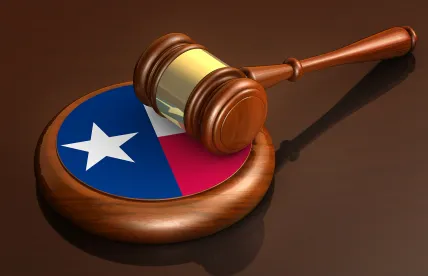Pretty common factual scenario.
Lead generator makes outbound calls and talks to consumer.
Consumer either pretends to be interested or actually is interested and then is transferred to a lead buyer who can actually provide the good or service the consumer wants.
But then consumer sues lead buyer for making the illegal call–even though the lead buyer did not make the call at all and likely had no idea the call was illegal.
It happens literally every day in TCPAWorld and it remains the biggest problem/risk with buying third-party leads.
Well in Ortega v. Ditommaso 2025 WL 440278 (W.D. Tx. Feb 6, 2025) a lead buyer walked away from a piece of a TCPA case–defeating the ATDS component.
In Ortega a call center run by Meridian Services, LLC allegedly contacted plaintiff to try to sell a business loan. Plaintiff stayed on the line and pretended to be interested to find out who was calling. As a result the call was transferred to Ditommaso, Inc. who tried to sell a loan.
Plaintiff sued Meridian and Ditomasso for the calls alleging they were made using an ATDS and violated his DNC rights since they were made without consent.
Ditomasso moved to dismiss and the court threw out part of the case.
As to the ATDS component the court adopted the narrow ATDS definition accepted in the Second and Ninth Circuit’s and determined that because there were no allegations establishing the calls were placed at random an ATDS was not used. (Careful with this folks because some courts apply a different standard.) Regardless, nice win for the defense on this piece.
Next Defendant asked the court to toss the case because only one call was placed to the Plaintiff and the follow up texts were only sent because he stated he was interested in the product. But the evidence of the flow of calls and texts was not on the face of the complaint so the court would not consider it and denied the motion on that basis.
The Court also found the vicarious liability allegations were sufficient because Meridian was alleged to be an agent of Ditomasso for purposes of making the calls.
The Court also determined Ditomasso could be vicariously liable for the Texas Business and Commerce Code § 302.101 violation–even though it was not itself required to register as a marketer in the state.
So, some good, some bad. But better than nothing.
Take aways here:
- Buying third-party leads is dangerous;
- Make sure you are working with only registered marketers in Texas;
- Some courts will toss ATDS claims if calls are made from a list– but not all;
- You cannot introduce evidence of consent at the pleadings stage (unless you are challenging standing, which Defendant did not do.)




 />i
/>i

